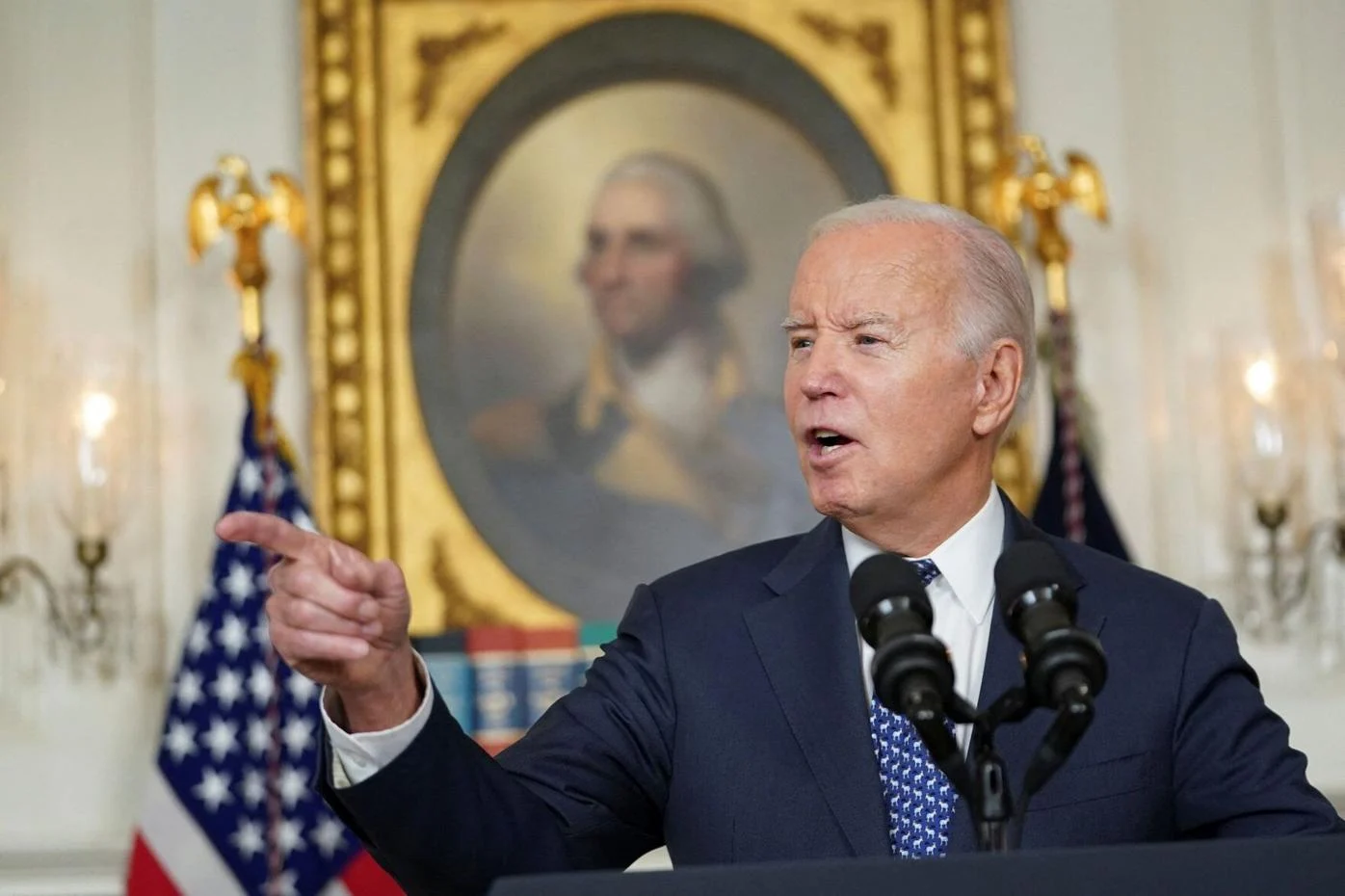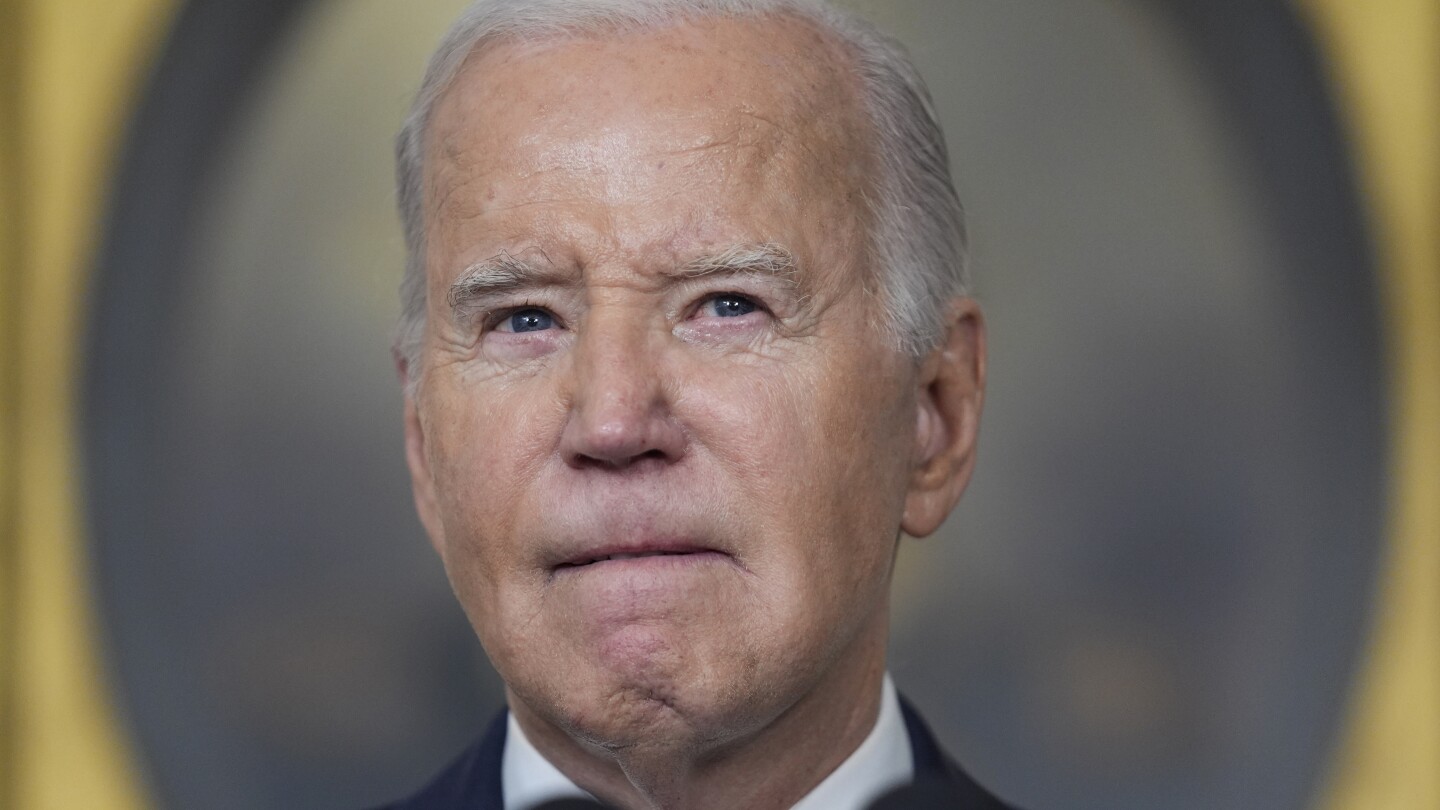Any parent who’s ever mistakenly called one of their children by another’s name — or even the family pet’s — would understand President Joe Biden’s mix-up of the names of French leaders Macron and Mitterrand.
The human brain sometimes struggles to retrieve names from its vast memory banks on demand. But when do such verbal stumbles represent normal forgetfulness, and when could they indicate cognitive decline?
S. Jay Olshansky, a renowned aging researcher from the University of Illinois at Chicago, remarked, “When I see somebody make a flub on TV, I’m really not all that concerned. What science will tell you about flubs is that they’re perfectly normal, and they are exacerbated by stress for sure.”
Biden, 81, has a long history of verbal slip-ups, which gained renewed attention after a recent assessment by a special counsel. While the council decided not to pursue criminal charges against Biden for his handling of classified documents, they described him as an older individual with difficulty recalling dates, including the date of his son Beau’s passing.

Joe Biden (Credits: ABC12)
This assessment elicited a visibly frustrated response from Biden at the White House, asserting, “My memory is fine.” Regarding his son’s death in 2015, he added, “Frankly, when I was asked the question, I thought to myself, it wasn’t any of their damn business.”
However, Biden isn’t the only political figure prone to verbal miscues. Former President Donald Trump, Biden’s anticipated opponent in the upcoming presidential election, has also been noted for similar slips. Last month, the 77-year-old Trump confused former U.N. Ambassador Nikki Haley with former House Speaker Nancy Pelosi.
Health experts caution that neither verbal gaffes nor legal opinions can definitively indicate cognitive decline; thorough medical testing is required for such assessments. Yet, certain memory lapses are commonplace across all age groups.
Dr. Eric Lenze of Washington University in St. Louis, a geriatric psychiatrist, explains, “To easily recall names, right at the moment, is the hardest thing for us to do accurately.” Some research suggests that such “misnaming” could stem from the brain organizing names by category and inadvertently selecting the wrong one.
Similarly, attaching specific calendar dates to events may not be a strong suit for the human brain, especially under stress or distraction. Lenze adds, “Attaching a calendar date to an event is not really something that the human brain does at any age. It’s not like a spreadsheet.”
Memory can also be affected by stress and distractions, according to Olshansky. While everyone experiences momentary memory lapses, those of presidents and presidential hopefuls are often magnified due to media scrutiny.
Although cognitive aging is a natural process, individuals in their 70s and 80s can still maintain sharpness, as Lenze notes. Various factors, including heart health, blood pressure, and physical activity, contribute to brain health.
While Trump has boasted about passing a memory test in the past, Lenze emphasizes that comprehensive neuropsychological testing provides the most accurate assessment of cognitive function.























